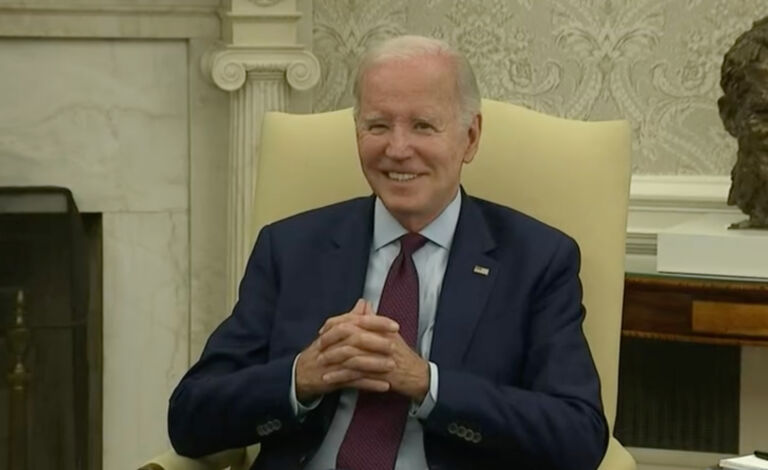…until Obamacare begins. Starting October 1, 2013, individuals will be able to purchase health plans via health insurance exchanges. Individuals may qualify for subsidies that will help pay for their annual premiums, depending on one’s family household income.
Congress originally intended for these premium assistance subsidies to be reallocated in state-run exchanges, not federal fallback exchanges. Only 17 states have opted to establish state-run exchanges.
Even Timothy Jost, a health policy expert, law professor, and major advocate of the federal health law, states that only exchanges established by the state – NOT the federal government, shall receive federal subsidies to assist individuals with purchasing heavily regulated health plans.
In a 2009 publication of the Journal of Law, Medicine, and Ethics, Jost wrote:
That is, Congress cannot require the states to participate in a federal insurance exchange program by simple fiat. This limitation, however, would not necessarily block Congress from establishing insurance exchanges. Congress could invite state participation in a federal program, and provide a federal fallback program to administer exchanges in states that refused to establish complying exchanges. Alternatively, it could exercise its constitutional authority to spend money for the public welfare (the “spending power”), either by offering tax subsidies for insurance only in states that complied with federal requirements or by offering explicit payments to states that establish exchanges conforming to federal requirements”.
Jost confirmed this before the Affordable Care Act was signed into law in March 2010. Now that 34 states have refused to set up their own exchanges, he has flip-flopped on this issue.


